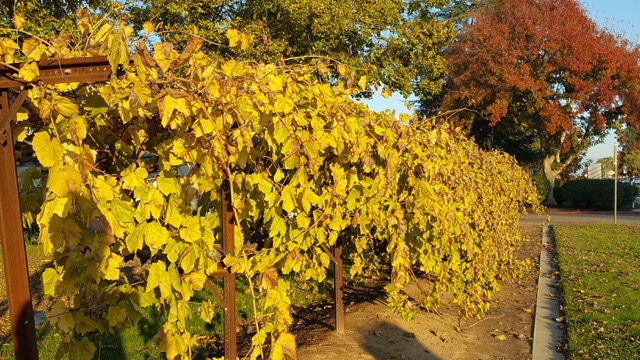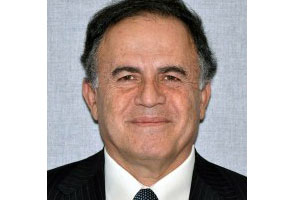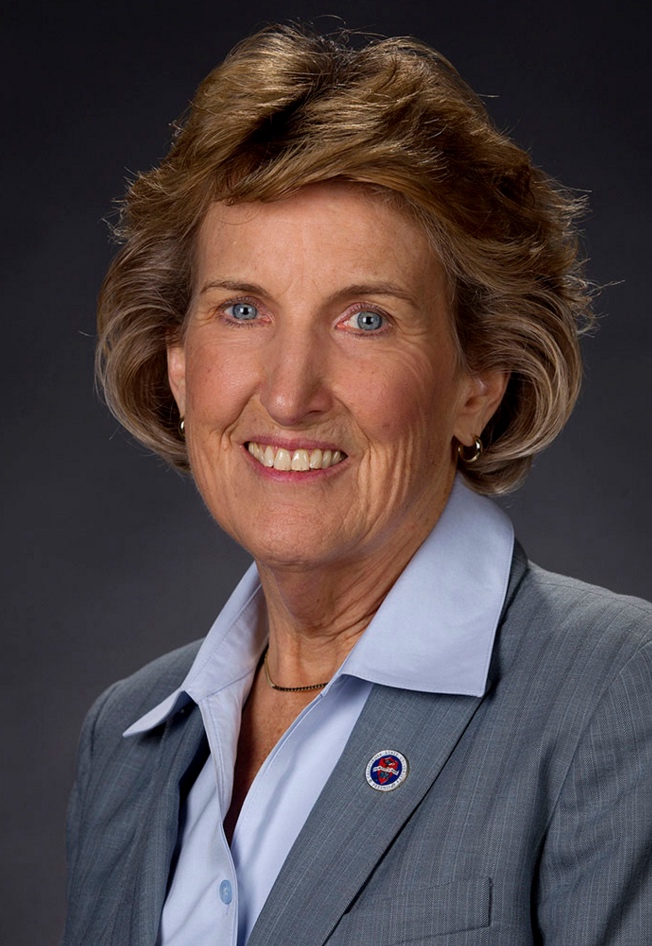Fine Tuning Almond Irrigation
New technology helps farmers use water to maximum effectiveness
By Patrick Cavanaugh, Farm News Director
At the recent big Almond Conference in Sacramento, there were a lot of discussions on water use in almonds. And while growers are doing a great job in conserving, there’s always ways to improve, according to Larry Schwankl, UC Cooperative Extension Irrigation Specialist Emeritus. He shared with California Ag Today the take-home points of his talk in front of several hundred growers.
“We have been researching, ‘How much do growers need to irrigate?’ We want to make sure that their irrigation system are effective and that they know how long to operate it and then ways of checking to make sure that they’re doing a good job and utilizing soil moisture sensors and devices,” Schwankl said.
Schwankl also suggested that growers use pressure bomb to accurately measure the pressure of water inside a leaf. When used, it’s possible to measure the approximate water status of plant tissues.
In using a pressure bomb, the stem of a leaf is placed in a sealed chamber, and pressurized gas is added to the chamber slowly. The device has been calibrated to indicate whether or not that leaf is stressed for water.
“We can predict how much water the tree’s going to need, and we can predict how much an irrigation system is going to put on, but there’s errors in all predictions,” Schwankl said. “We need to go back and check and make sure that we’re staying on target. That’s where knowing the soil moisture and the plant water status really helps.”



















